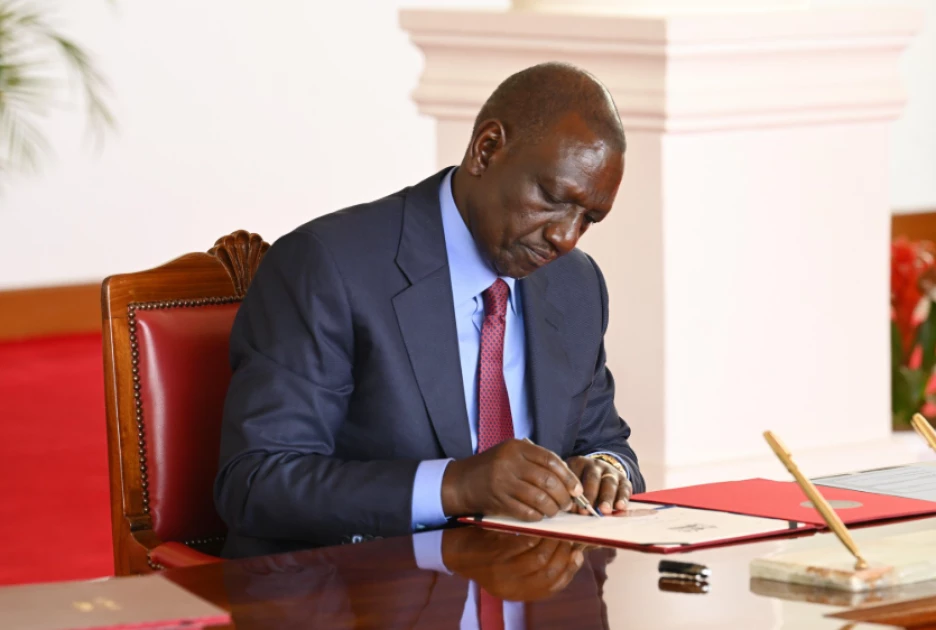Liberia has a significant opportunity to leverage the trend of advancing disability rights seen in regional contexts, particularly following the enactment of the Persons with Disabilities Bill in Kenya. As a signatory to the United Nations Convention on the Rights of Persons with Disabilities (UNCRPD), Liberia can take several strategic steps to enhance its own legislative framework and promote the rights of individuals with disabilities:
- Draft and Enact Comprehensive Legislation: Liberia can initiate the drafting of a comprehensive Persons with Disabilities Bill that aligns with the principles of the UNCRPD. This legislation should address key areas such as education, employment, healthcare, and accessibility, ensuring that the rights of persons with disabilities are enshrined and protected.
- Engage Stakeholders: Involve a diverse group of stakeholders, including organizations of persons with disabilities, civil society, government agencies, and private sector representatives, in the legislative process. This inclusive approach can help build a broad consensus around the needs and rights of people with disabilities.
- Capacity Building: Invest in capacity-building initiatives for government officials, local leaders, and civil society organizations to understand the UNCRPD and how to implement its provisions effectively. Training programs can focus on areas such as policy development, advocacy, and community engagement.
- Establish Monitoring Mechanisms: Create robust mechanisms to monitor the implementation of disability-related laws and policies. This can involve setting up an independent oversight body that includes representatives from the disability community, ensuring accountability and transparency.
- Awareness Campaigns: Launch public awareness campaigns to educate the general population about the rights of persons with disabilities and combat stigma and discrimination. Positive representation in media and community events can help change societal attitudes.
- Incentives for Employers: Consider providing financial incentives, such as tax breaks or grants, to encourage employers to hire and support persons with disabilities. This could help to integrate them into the workforce and promote economic self-sufficiency.
- Infrastructure Accessibility: Focus on improving physical accessibility in public spaces, transportation, and services to ensure that persons with disabilities can fully participate in society. Collaborate with urban planners and architects to incorporate universal design principles.
- Collaboration with Regional Bodies: Engage with regional bodies and forums focused on disability rights to share experiences, best practices, and resources. Collaborating with neighboring countries can help Liberia align its policies with regional standards and foster a supportive network.
- Implementation of Education Reforms: Ensure the inclusion of students with disabilities in mainstream education by developing inclusive education policies that cater to their specific needs. Training teachers and school staff on inclusive practices can further enhance educational outcomes.
- Continuous Evaluation: Regularly evaluate and adapt policies and programs based on feedback from the disability community to ensure that they effectively meet the needs and aspirations of persons with disabilities.
By taking these proactive steps, Liberia can not only fulfill its obligations as a signatory of the UNCRPD but also make meaningful strides toward advancing the rights and dignity of persons with disabilities in the country.






 Total Users : 126255
Total Users : 126255